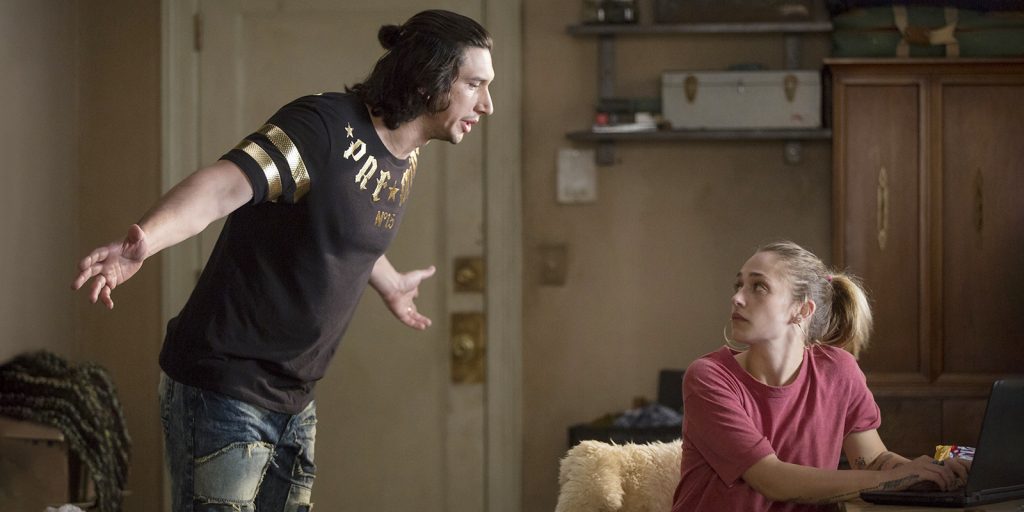4. We make exaggerated demands on ourselves and others
We all always have at least one perfect couple in front of us, posting cute pictures from their travels, with hugs and gifts they give each other, and a beautiful dog to top it off, which they happily play with. This couple, of course, never quarrels, holds the secret to a happy relationship and dispenses advice to others.
Real relationships can’t compete with this picture: there are quarrels over an unopened tube of toothpaste, money problems and other “delights”. But when you look at flawless images, it seems that they are the norm, and there is something wrong with you and your partner. And envy, comparisons, mutual reproaches and claims begin.
This is the same anecdotal “Vasya bought his wife a fur coat” or “Sergey’s wife cooks well”. Only Vasya, Sergey and their wives now surround us on all sides.
5. We don’t want to take responsibility
We are becoming independent later and later, in every sense. We live on our parents’ territory for a long time and need their financial support. As adults, we suffer from teenage crises.
In articles and posts on this topic is often found contemptuous word “infantilism”. But it’s not even about such behaviour, it’s about people becoming different because of complex social processes and world events. Scientists even propose to revise the boundaries of the transition age and consider as adolescents those who have not yet turned 24 years old. That is, people who even half a century ago could easily have a job and two children.
“Delayed adulthood” also affects relationships. A person who aims to look for himself, to try new things, to develop and enjoy life, and treats his partner as an experiment, something transient. That is, it is no longer a serious relationship between two adults, but “love games”, which are engaged in yesterday’s teenagers. And for a person who has grown up earlier, meeting with such a “teenager” turns out to be a problem.

